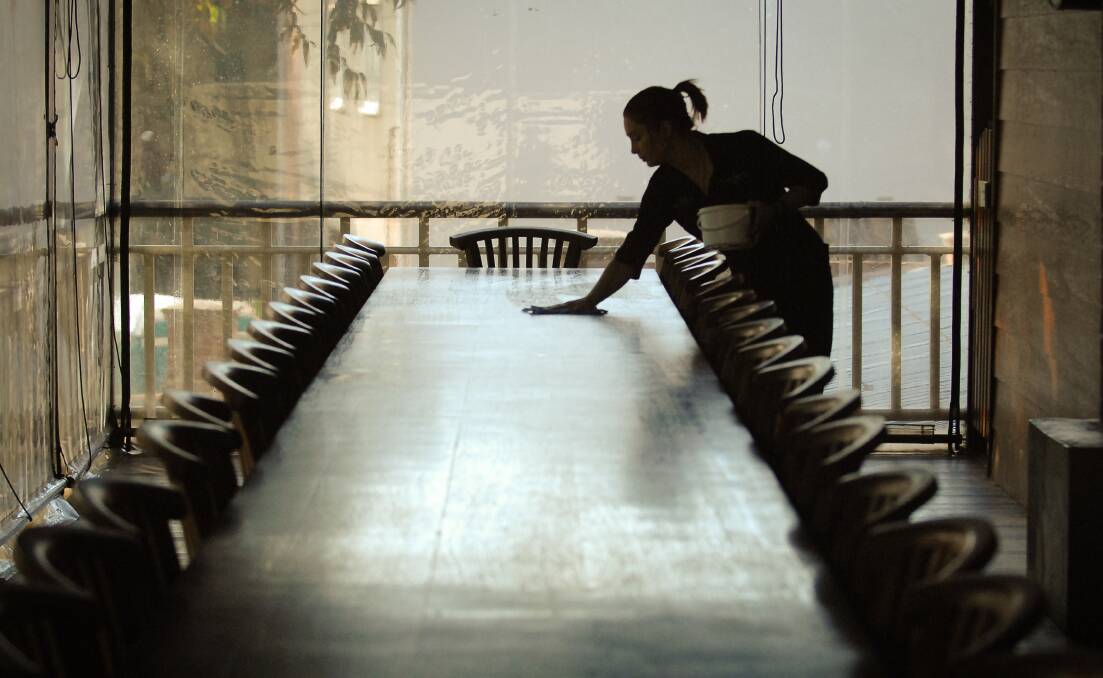
One of the great pleasures of my job – and there are many - as South West editor for the Mail papers and websites is that I get to meet the people who are running for political office and discuss the issues of the day.
Create a free account to read this article
$0/
(min cost $0)
or signup to continue reading
It’s never less than fascinating and I feel very strongly that whatever your political leanings, we are very well represented in the South West and that won’t change whatever the outcome of the coming elections.
Some of us will feel disappointed (or worse), some will feel vindicated, some things will change and some will stay the same but no one should feel for an instant that the person who has been elected is anything less than completely committed to making the South West a better place.
You may disagree with how they intend to take us there, but there is not a heart that is not in the right spot among those running for office and the people of the region can be proud of the calibre of our political representation and candidates across the entire spectrum of beliefs and policies.
I attended the campaign launch for a certain candidate on the weekend and was honoured to be introduced to a party senator in attendance with whom I was able to chat about all kinds of things for longer than was polite.
The candidate introduced me as the editor of papers which are “shaping up to be the social conscience of the South West” and while my bleeding heart was thrilled at the accolade, my editor’s brain immediately became alarmed.
Have we gone too far? Are we lacking balance? Have we been letting our readers down, or worse, boring them?
I spent the rest of the weekend thinking about what that might mean – to be a social conscience – and was able finally to put my mind at rest.
For whatever your political persuasion, there is one inescapable fact that nothing and no one can change: we are all in this together, bound to each other by society and community, and what affects one affects all.
The saying that a rising tide lifts all boats is only true if you have enough slack in your anchor chain – otherwise you’re going under and we’ve been seeing more of that.
That the true measure of a society is how it treats its weakest members is a quote attributable to many people. Ghandi said it, Jimmy Carter said it, and Samuel Johnson meant it when he said “a decent provision for the poor is the true test of civilisation.”
That’s a big word, civilisation, but really it’s just what we do day after day as we go about our lives. We build our civilisation in our everyday actions, being courteous and respectful, shopping locally, volunteering, cleaning up after ourselves, umpiring a kids’ footy game (and letting the girls play, too: what great news that is).
“Civilisation,” like “civic,” comes from an Indo-European root meaning to lie down together – in other words, to be under the same roof, to share a protective structure. Through our laws and customs, separate people become one ‘body politic’ and the health of that body should concern us all.
Last week I wrote about the issues considered most important to young people and how the answers – marriage equality, climate change and asylum seekers – surprised me.
They surprise quite a few politicians and candidates, too, if my informal research is anything to go by, but how heartening to see that young people are thinking about civilisation in ways that can escape us as we grow older and more concerned about bills and mortgages and … ourselves.
And therein lies the source of my relief for a social conscience is just a nicer term for self-interest. Enlightened self-interest, perhaps, but self-interest just the same.
What benefit being rich if we fear the poor? What inclusion can we claim when there are those who are marginalised? When the young take their own lives how are the rest of us to live?
When we vote on policy we should think of others, and thereby ourselves. It’s time to get our house in order.
– Jem Hedley


